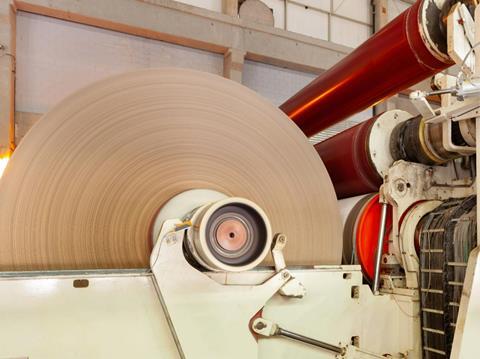
The Food and Beverage Carton Alliance (FBCA) has announced the launch of RECY:CHECK - a recyclability certification protocol for fibre-based composite packaging – and published the updated Design for Recycling (DfR) Guidelines for liquid packaging cartons.
The Alliance says RECY:CHECK is a science-based certification methodology that evaluates the recyclability of fibre-based composite packaging (FBCP) across four stages: collection, sorting, reprocessing, and application. It is designed to support compliance with the EU Packaging and Packaging Waste Regulation (PPWR) but has application beyond Europe.
The newly updated Design for Recycling Guidelines for liquid packaging cartons (LPCs) provide detailed technical recommendations for designing LPCs compatible with specialized recycling mills and PolyAl re-processing. The FBCA states the guidelines are intended for packaging designers and brand owners seeking to improve recyclability; recyclers and re-processors evaluating material compatibility; and Producer Responsibility Organizations (PROs) and policymakers shaping infrastructure and legislation.
The FBCA launched as a unified platform back in January, formed from the merger of The Alliance for Beverage Cartons and the Environment (ACE) and EXTR:ACT. The Alliance aims to expand beyond Europe to unite beverage carton manufacturers and paperboard suppliers to drive sustainable packaging solutions that enhance food security, reduce waste, and advance low-carbon circular economies.
In related news, Elopak, Orkla Home and Personal Care (OHPC) and Dow recently collaborated on a new line of cartons containing a mix of recycled polyethylene and bio-circular (renewable) polymers. The new D-PAK cartons are made from responsibly sourced paperboard, coated with thin layers of polymers to protect the product inside and prevent waste.
If you liked this story, you might also enjoy:
The ultimate guide to the Packaging and Packaging Waste Regulation in 2025
How are the top brands progressing on packaging sustainability?
Everything you need to know about global packaging sustainability regulation in 2025
The key to increasing the use of reusable packaging in supermarkets


















No comments yet